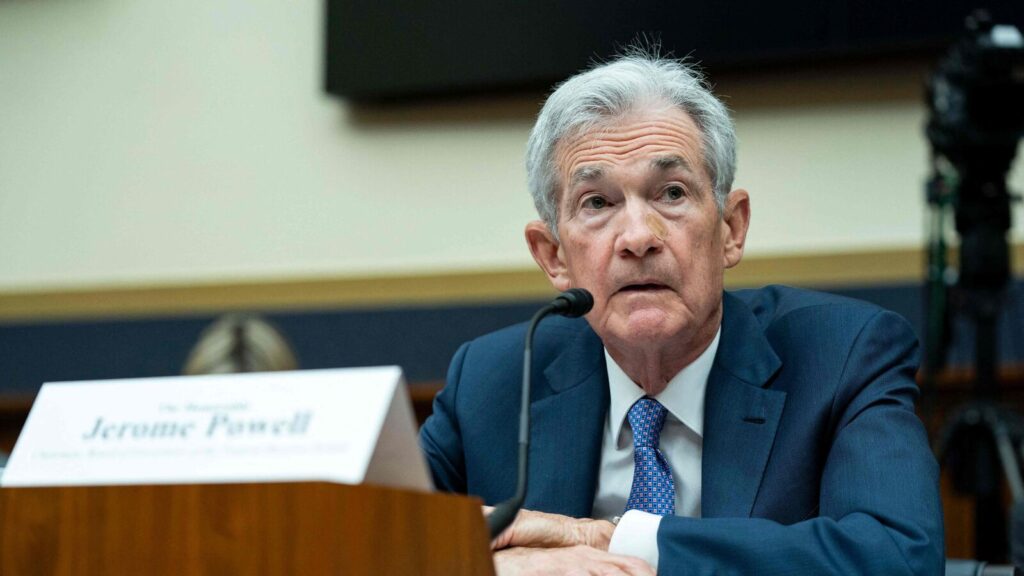Oil prices stabilized on Wednesday as the Organization of the Petroleum Exporting Countries (OPEC) maintained its growth forecast for oil demand for this year and next, while U.S. crude and gasoline inventories likely decreased last week.
At 1312 GMT, Brent futures rose by 1 cent, or 0.01%, to $84.67 a barrel, following a 1.3% decline in the previous session. Meanwhile, U.S. West Texas Intermediate (WTI) crude increased by 11 cents, or 0.11%, to $81.52 a barrel, after falling 1.1% in the prior session.
“Crude oil prices traded lower on firm dollar and as hurricane that hit Texas caused less damage than expected. Reduced supply concerns has weighed on the oil prices. Furthermore, weakness in crude demand from China also weighed on oil prices to slip below the $82 mark. Meanwhile, tension in the Middle East and lower supplies from Russia provided support to oil price,” said brokerage firm ICICI Direct in a report.
What’s weighing on crude oil prices?
In its monthly report released on Wednesday, OPEC reaffirmed its global oil demand growth forecasts, projecting an increase of 2.25 million barrels per day (bpd) in 2024 and 1.85 million bpd in 2025.
“Expected strong mobility and air travel in the Northern Hemisphere during the summer driving/holiday season is anticipated to bolster demand for transportation fuels and drive growth in the United States,” OPEC was quoted as saying by Reuters.
According to market sources citing American Petroleum Institute figures on Tuesday, U.S. crude oil inventories decreased by 1.923 million barrels, while gasoline inventories dropped by 2.954 million barrels. Official data from the U.S. Energy Information Administration is scheduled for release at 14:30 GMT.
Both contracts ended the past three sessions lower, as the Texas energy industry appeared largely unaffected by Hurricane Beryl.
Oil and gas companies restarted some operations on Tuesday. Some ports have reopened, and most producers are ramping up output, though some facilities sustained damage and are waiting for full power restoration.
In the Middle East, ceasefire negotiations for the Gaza conflict are set to resume in Doha, with intelligence chiefs from Egypt, the United States, and Israel attending.
Concerns over demand in China also pressured prices. Consumer prices in the world’s second-largest economy grew for the fifth consecutive month in June but missed expectations, while producer price deflation continued.
In its annual Energy Outlook report released on Wednesday, BP stated that it expects oil demand to peak next year, with rapid growth in wind and solar capacity in both of its main scenarios.

